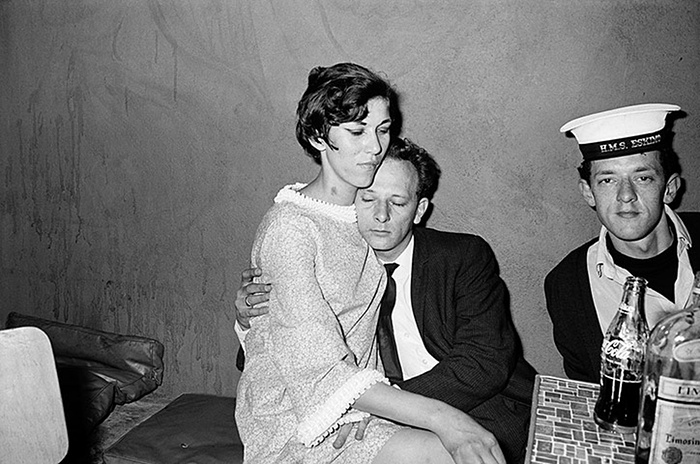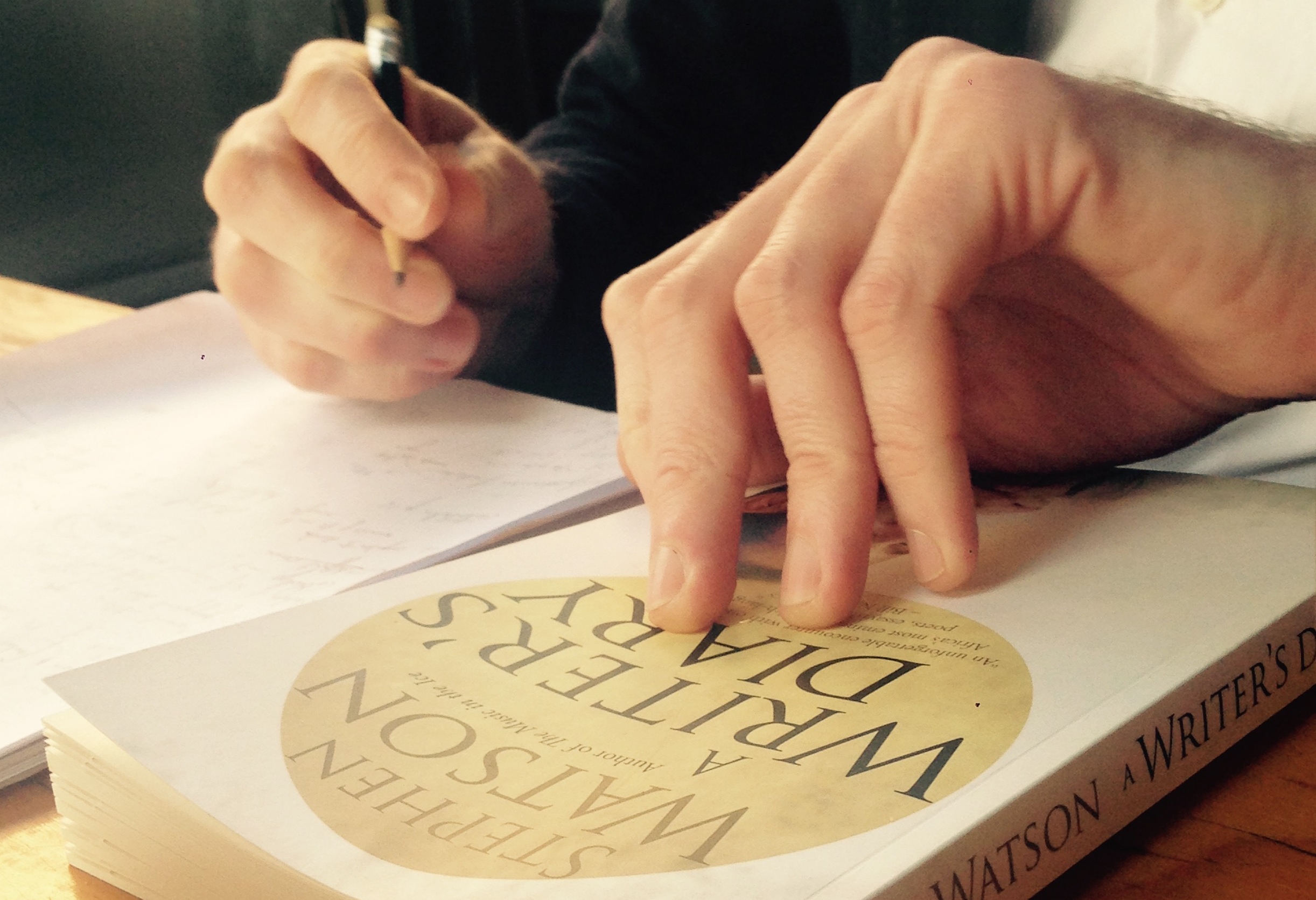Rereading Dugmore Boetie’s Familiarity is the Kingdom of the Lost
Excerpt from Experiments with Truth in the Johannesburg Review of Books. 1 April 2019.
(With thanks to Jen Malec and JRB for image / montage of book covers.)
‘Is this Long Street?’
Everybody knows Long Street, so why was I being asked this by a large man who came out of a side alley?
As I began to give a cautious yes, the large man was shooed away by a smaller man in a high-vis jacket that read CCID (City Centre Improvement District).
‘They know you like to talk, Nigerians’, he said: ‘Be aware’.
Further down, the CCID had set up some large screens on which you could watch CCTV footage (taken by cameras on Long Street) of people being mugged, pickpocketed and scammed. The jerky black and white clips had been edited into a range of informative segments. The dangers of the open bag or the visible iPhone; lightning fast card swaps by people offering help at cash machines. A more elaborate version of this is the ‘false pop up’. Fraudsters tell tourists that they need a special permit to walk down a street, since it is closed for a film shoot, but that that this can easily be obtained from the nearest ATM, and let me help you with that.
There was also footage of the Shoe Scam – a ‘man particular’ con – which a friend of mine had just recently been a victim of. Staggering along drunk at night, he suddenly had someone beside him saying ‘Hey brother, we’ve got the same shoes!’, grabbing him by the shin, pulling up his trouser leg and comparing sneakers. This, the video explained, was a textbook diversion and desensitisation technique. It draws attention to the shoes with one hand while the other snakes round to remove a wallet, which is then swiftly passed it to an accomplice walking in the opposite direction.
Long Street was closed to traffic for the evening, and a crowd had gathered. People were mesmerised: to see something so furtive and fast captured in the grainy footage. To see the obliviousness, the ease, the skill of it, the way pickpockets moved when in the act, so that even the rest of their bodies seemed unaware of what the one frantic hand was doing. The woozy surprise and confusions of the marks, then the sudden realisations – it was all there in archival black and white, ‘Recorded at 00:43 a.m. on Long Street’. The footage was so transfixing that a rumour, or a joke, began to run through the crowd: people were being so drawn in by these on-screen cons that they were being pickpocketed, again, in real life.
Read More















